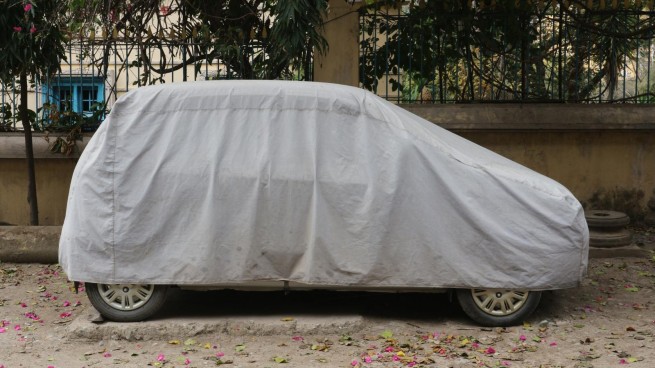In Greece, many drivers have invented an unusual way to avoid the costs associated with a vehicle without being noticed by the “all-seeing eye of the authorities.”
With high fuel prices and fixed costs (road tax, insurance and maintenance) becoming an unbearable burden for thousands of drivers, many are choosing to lay up their cars.
This process is completed electronically through the AADE myCAR platform. The motorist needs to select the status “Ψηφιακή Ακινησία/Κυκλοφορία”, and then enter, among other things, data such as: vehicle number, postal code of the area, street and parking space number where the parked vehicle will be located.
Please note that for digital vehicle immobilization it is necessary that the place that needs to be preserved be privately owned and rented. Moreover, the vehicle owner must remove the license plates from his car.
Of course, the official announcement of “digital immobility” implies a ban on both the movement of the vehicle and its presence on the roads (parking on the street).
However, many drivers, for various reasons (for example, because they want to continue driving their vehicle or because another car suddenly appears in the place they indicated in the application as “parking”), have figured out how to avoid “punishment.”
Of course, in the event of checking the presence of an “immobilized car” in a specified place and non-compliance with the provisions of the law, the competent authorities will remove the status of “immobilized car”. The driver will have to pay the traffic police, pay the imposed fine – plus an administrative one – in the amount of 10,000 euros. In the event repeat offenses, the fine increases to 30,000 euros and is punishable by deprivation of the driver’s license of the vehicle owner.
To avoid “punishment”, the cunning Hellinaras found very simple way out. Many drivers throw a tent cover over their supposedly immobilized car, pinning their hopes on the fact that the inspection authorities will not crawl under it in order to establish who owns this vehicle.
Thus, the Greeks hope that, when the authorities see a covered car, they will assume that the car is under supervision (in the possession of the motorist) and will not be “interested in it.” And an additional benefit for the car owner is that by covering the car, he avoids the risk that the car will be considered abandoned.
Of course, we must not forget that a long stay of a car (even if it is covered) in a certain place can be perceived as… by a neighbor, as abandoned, and he may well call the relevant municipality to initiate the procedure for its removal from the place (evacuation).
It is clear that in this case, the cunning owner of a personal car risks bitterly regretting his decision to break the law.







More Stories
Why cats don't go to your hands and don't like to be petted
When does old age begin? The answer to this question changes with age.
Association of Professional Nutritionists to be created in Greece